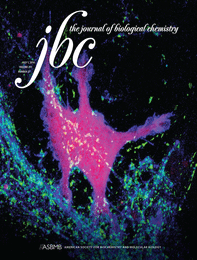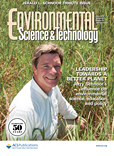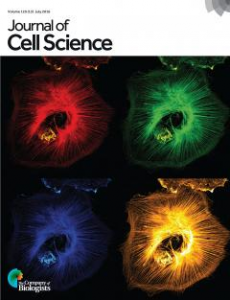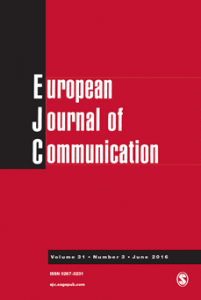 A research fellow at Harvard has lost his PhD from a university in Singapore after being found guilty of falsifying data, and his former group leader’s contract has been terminated by his institution.
A research fellow at Harvard has lost his PhD from a university in Singapore after being found guilty of falsifying data, and his former group leader’s contract has been terminated by his institution.
But that’s not the whole story. This tangled mess involves not only the Harvard researcher, Sudarsanareddy Lokireddy, and his former boss, Ravi Kambadur at the Nanyang Technological University (NTU) in Singapore, but an as-yet unnamed colleague of theirs who, we’re told, has admitted making up data in three papers, on which Lokireddy and Kambadur are co-authors. Bear with us as we walk you through this tale.
Two of those papers have been retracted by The Journal of Biological Chemistry (JBC); one in Molecular Endocrinology has yet to be pulled. Kambadur, who held joint appointments at the NTU and the Agency for Science, Research and Technology (A*STAR) in Singapore, has now had his contract terminated at both institutions. Continue reading Harvard researcher’s PhD revoked, former group earns three more retractions








